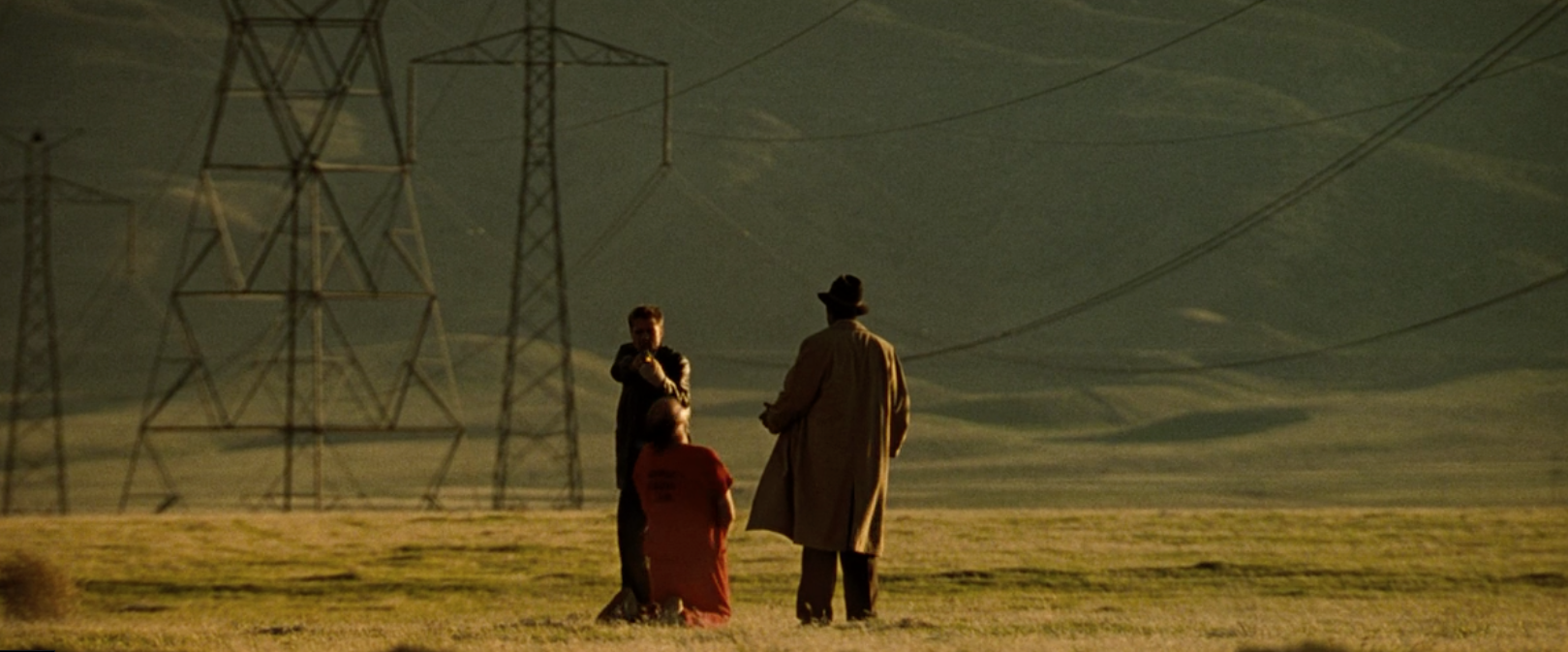Movies have the remarkable power to transport us into different worlds, stir emotions, and provoke thought. While happy endings often dominate cinema, certain films dare to explore the bleakest corners of human existence. These films shatter expectations, leaving audiences in a state of despair and contemplation. In this article, we delve into some of the darkest endings in movies, where hope is abandoned and darkness prevails.
- “Oldboy” (2003) – Directed by Park Chan-wook. “Oldboy” is a South Korean masterpiece that takes viewers on a torturous journey of revenge and redemption. The film follows Oh Dae-su, a man imprisoned for fifteen years without knowing his captor’s identity. As the truth unravels, the story plunges into an abyss of despair. In a twisted climax, the revelation of the protagonist’s actions and consequences leave audiences stunned, questioning the nature of justice and human morality.
- “No Country for Old Men” (2007) – Directed by Joel and Ethan Coen. In this Coen Brothers’ neo-noir thriller, pursuing stolen money creates a chain of violent events. The film revolves around Anton Chigurh, a relentless and psychopathic hitman, and Sheriff Ed Tom Bell, an aging lawman struggling with the changing times. The ending offers no resolution, as the film reflects on the relentless cycle of evil and the overpowering forces that seem to transcend justice, leaving viewers with a sense of hopelessness.
- “Requiem for a Dream” (2000) – Directed by Darren Aronofsky. “Requiem for a Dream” is a haunting exploration of addiction’s devastating consequences. The film follows four individuals whose lives spiral into despair due to drug abuse. As their dreams shatter, the characters descend into a harrowing abyss of desperation and delusion. The ending leaves no room for redemption, painting a grim portrait of the irreversible damage caused by addiction and the unyielding grip it holds on its victims.
- “Se7en” (1995) – Directed by David Fincher. David Fincher’s psychological thriller “Se7en” delves into the depths of human depravity. The film follows detectives Somerset and Mills as they hunt down a serial killer who uses the seven deadly sins to inspire his murders. The climax reveals a shocking and nihilistic conclusion, where evil triumphs over justice, leaving audiences shattered and pondering the dark corners of the human psyche.
- “The Mist” (2007) – Directed by Frank Darabont. Based on a Stephen King novella, “The Mist” presents a post-apocalyptic scenario where a group of people becomes trapped in a supermarket surrounded by otherworldly creatures. As desperation grows, tensions rise, and hope fades, the film delivers a gut-wrenching ending that challenges the very essence of human nature. It forces viewers to question the depths of despair and the consequences of misguided actions.
The darkest endings in movies leave a lasting impact on audiences, confronting them with the harsh realities of life, human nature, and the fragility of hope. These films subvert conventional storytelling by embracing the depths of despair and showcasing the darkest aspects of the human condition. While these conclusions may be disheartening, they remind us of the complexities of existence and encourage reflection on our choices and actions.
